Ever since I watched Sherni on Amazon Prime Video, apart from Masurkar’s brilliant storytelling, Vidya Balan’s powerful performance is stuck in my mind.

In fact, I loved her performance so much, it actually made me miss the joy of watching a movie on the silver screen. It was at that moment that I was struck by Vidya Balan’s ‘star power’.
Because in an alternate reality, her mere presence in a movie would have been enough to convince me, and many others like me, to head to the theatres.
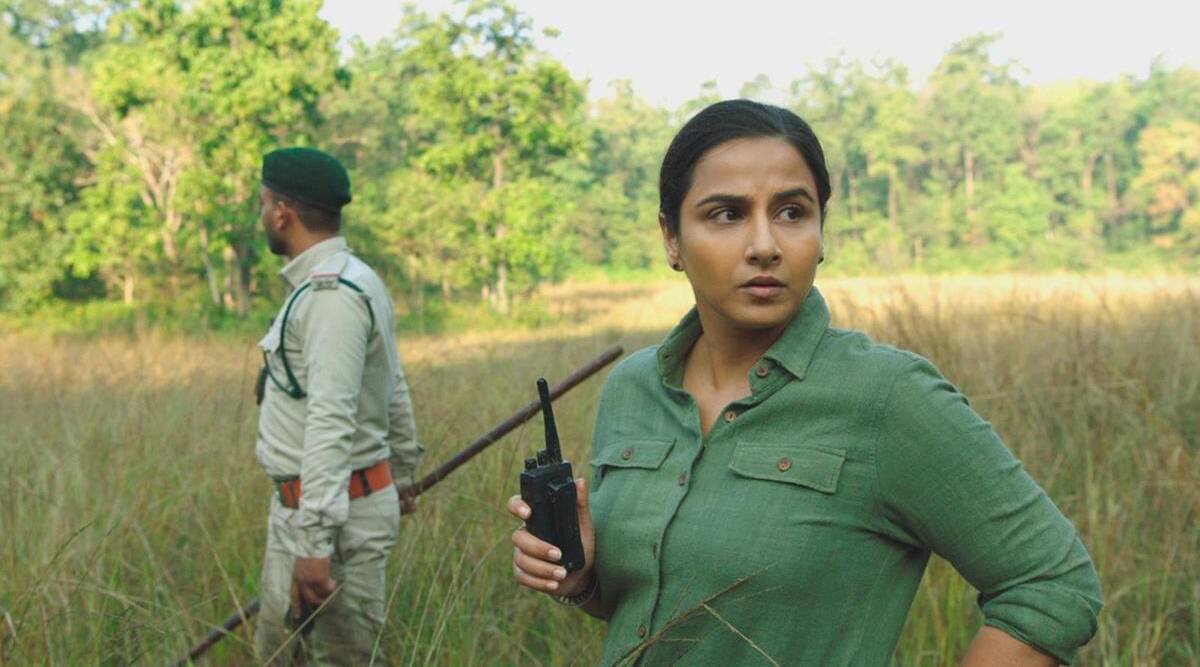
From Parineeta, in 2005, to Sherni in 2021, Balan has painstakingly carved a place for herself in the industry, becoming a force in herself – one who has truly pushed the bar when it comes to Hindi-language movies with female protagonists.
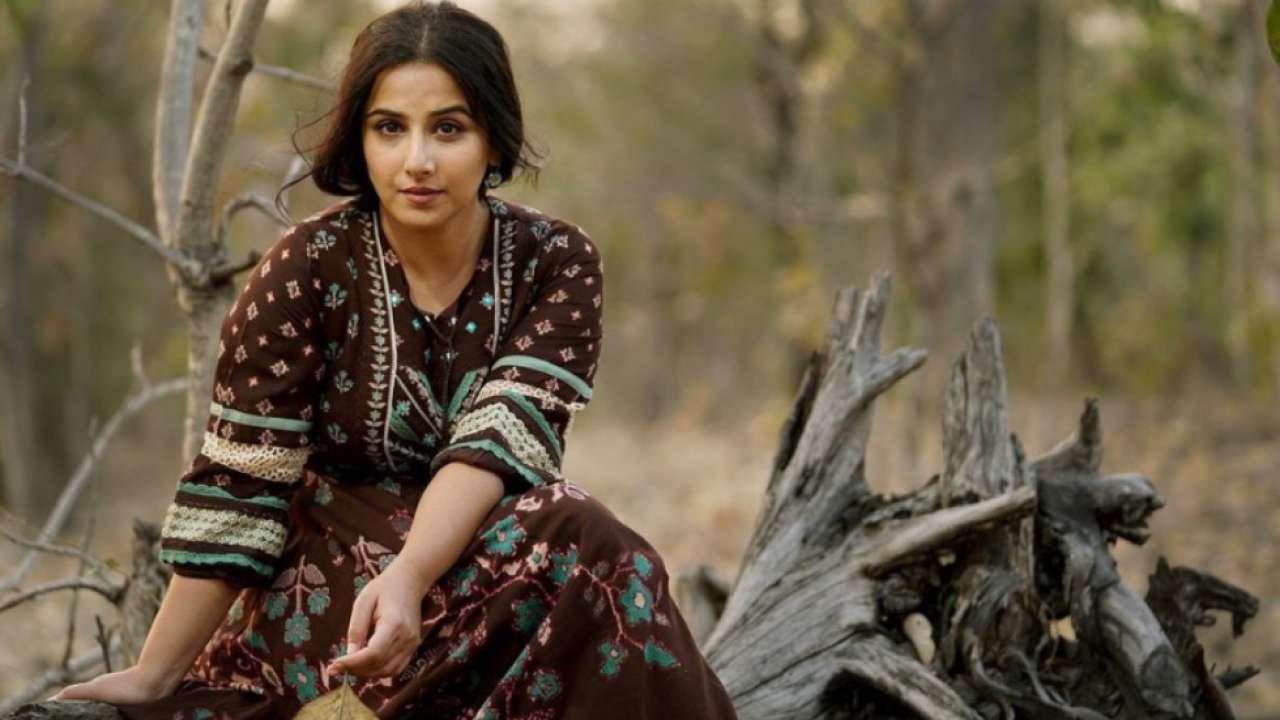
It’s no secret that Balan made her acting debut through music videos (Kabhi Aana Tu Meri Gali) and TV shows (Hum Paanch), before making her movie debut with the 2003 Bengali film Bhalo Theko.
Soon after, movies like Parineeta, Lage Raho Munna Bhai, Heyy Baby, Salaam-e-Ishq established her as a crowd favorite ‘leading lady’, giving her the space to experiment with movies like Bhool Bhulaiyaa, Paa, and Ishqiya.
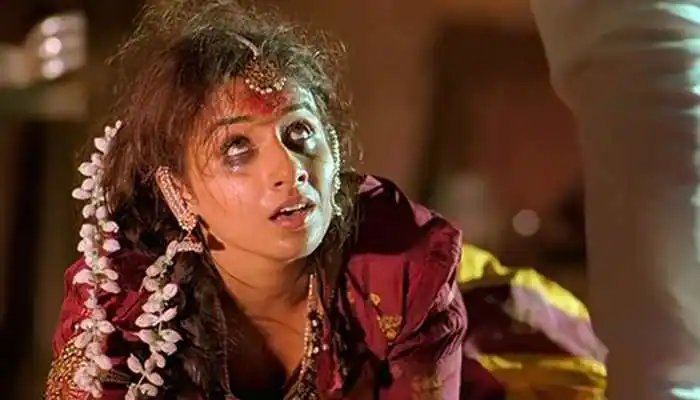
Clearly, she was already on the path to breaking the mould of the ideal Bollywood heroine – I mean the concept of a female anti-hero was barely explored when she starred in Ishqiya.
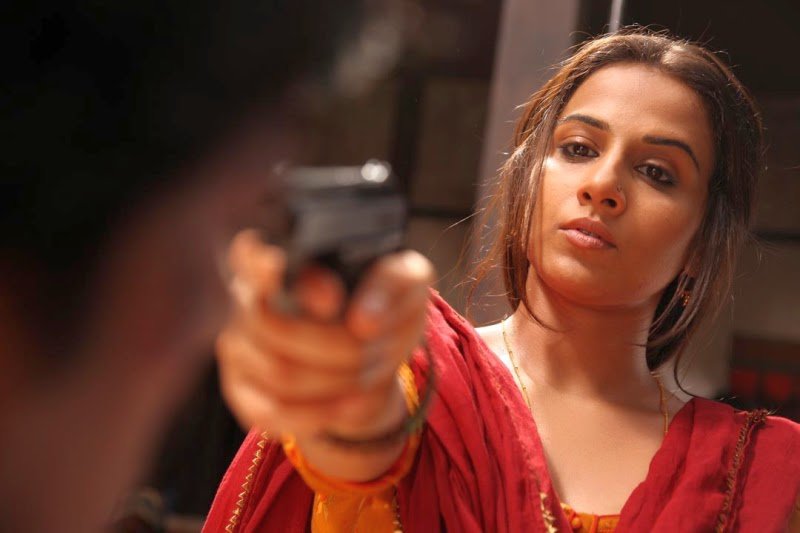
But she truly came into her own with the 2011 dramas, No One Killed Jessica and The Dirty Picture.
The Dirty Picture exploded, and there is really no other way to say it. It shattered the flawed body norms Bollywood thought were critical to an actor’s success, redefined the kind of roles leading ladies were expected to perform, and once again established the simple reality, that entertaining stories sell.
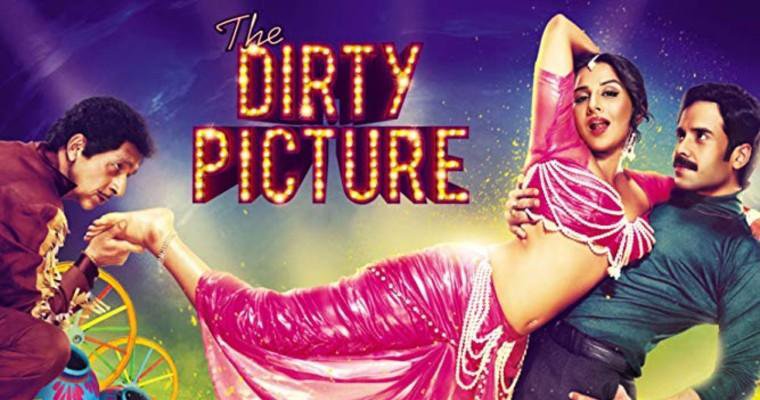
But what people tend to forget is that it was the same year Balan also starred in No One Killed Jessica and played a character that was the polar opposite of her role in The Dirty Picture. It was one of the first definite glimpses of Balan’s range as a performer.
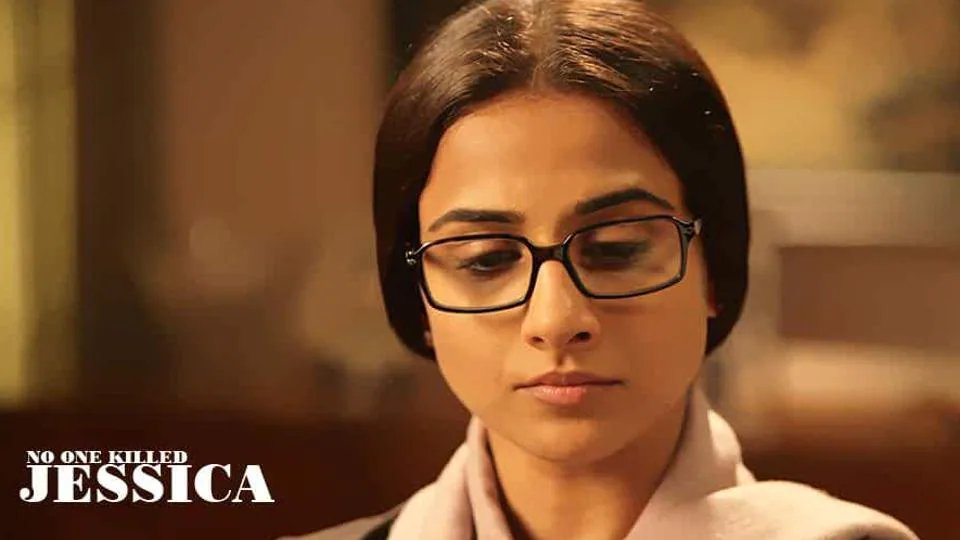
Over the years, she has continued to expand on her range. Yes, Sabrina Lal has the kind of restraint that Balan revisited in Sherni, and Tumhari Sulu and Mission Mangal felt like a more mature version of her bubbly charm from Lage Raho Munna Bhai.
But this is me nitpicking at the range of an actor who played Vidya Bagchi so skillfully, that the mere thought of the climax in Kahaani is enough to give me goosebumps even today.
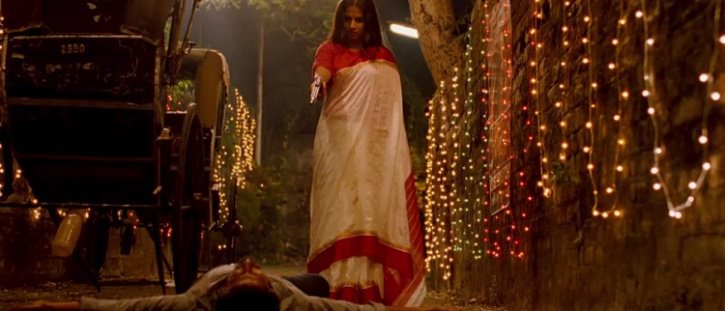
Not to forget, she nailed a thriller–a genre that has predominantly seen male protagonists–by playing the most unexpected leading character. Simply put, how many Hindi stories do you know about a single, pregnant woman, that is not a moral lesson or a romantic drama?
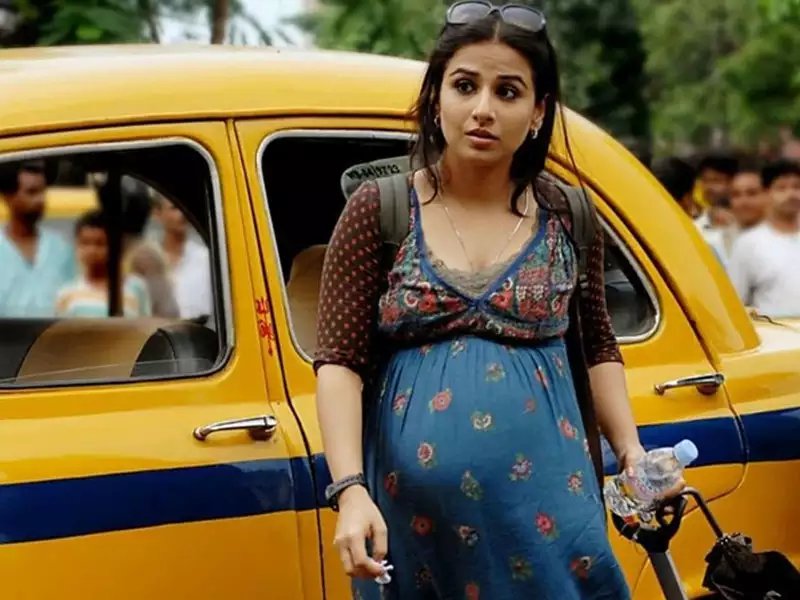
Yes, like any other star, she too had movies that would be best left forgotten. But, despite a string of Box Office failures, she could still conjure up a crowd for Tumhari Sulu and tell us there was more to housewives than just looking after their family.
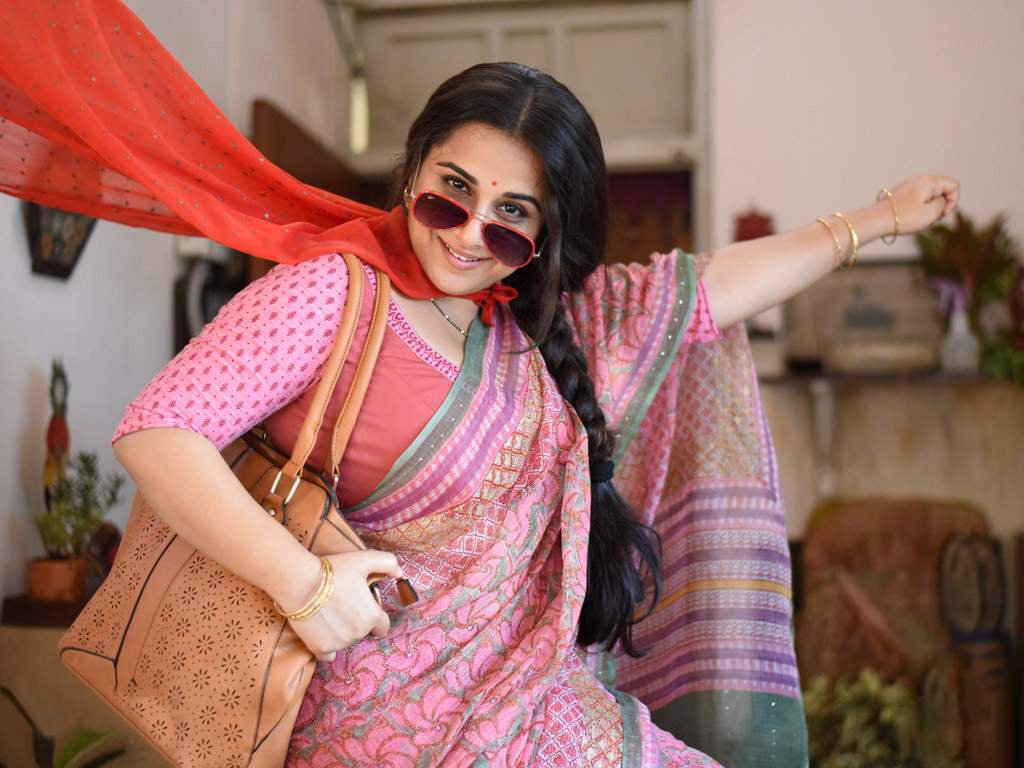
Or even better, raise a mirror to the misogyny still afflicting our society with Sherni, without a single monologue. That is rarer than a Hindi film with no songs.
Yes, she is neither the first actor to set new standards for Bollywood, nor the last. But her body of work, across genres, opened the film industry to champion stories that mattered and cast women in movies and genres they weren’t traditionally associated with – at least not in the capacity of a protagonist.
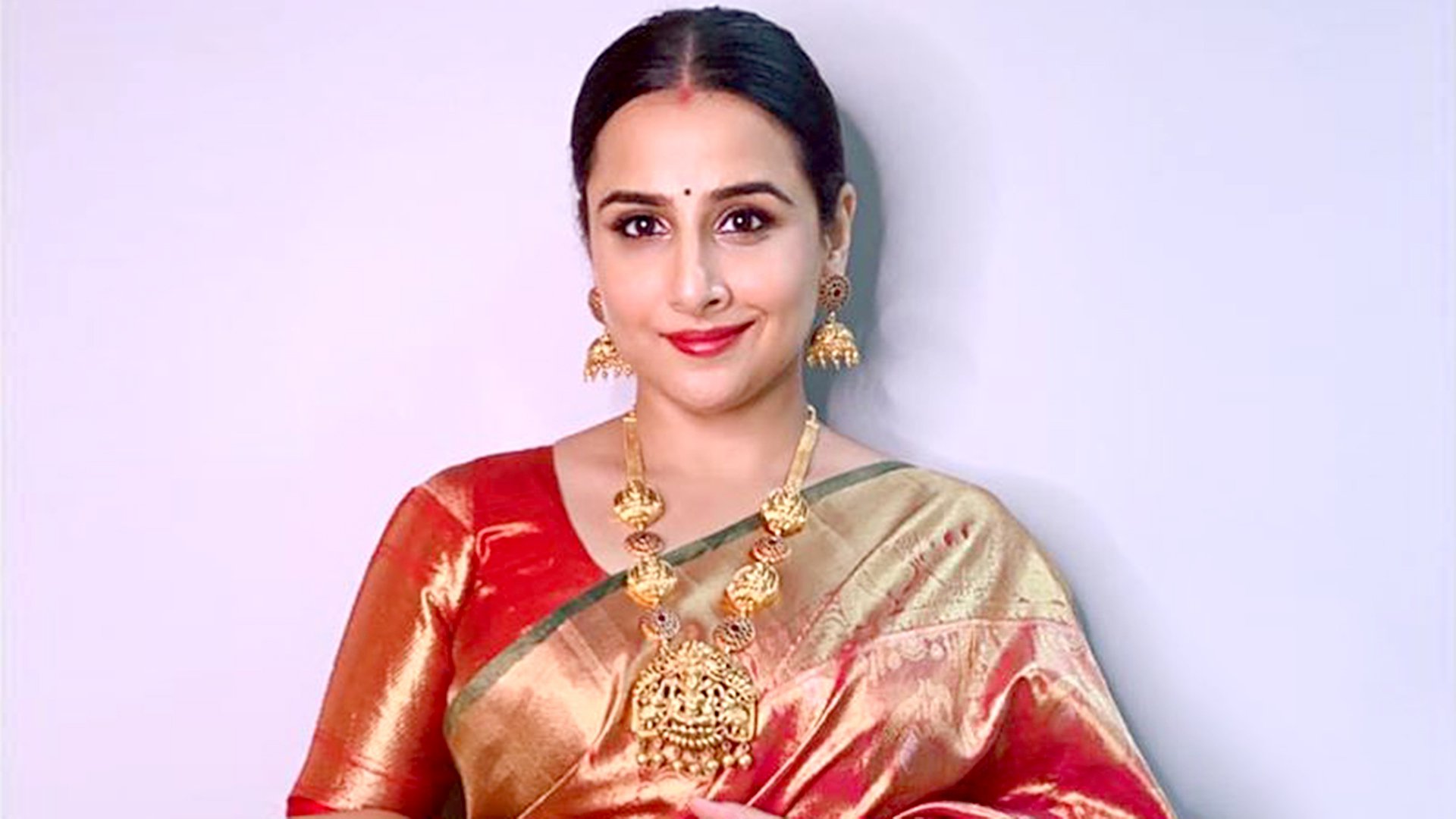
However, her gift to Indian cinema has not just been her movies but also the way she has used her voice – a voice that talked about the things that matter, using the platform provided to her to raise awareness and bring down double standards. If that’s not what makes you a star, then what does?

Balan played a forest officer in Sherni who makes waves simply by doing her job. Because that’s a rare feat in a world where mediocrity sells. Looking at her body of work, it’s evident that Balan has been the ‘sherni‘ of Bollywood too, roaring towards success, simply by doing her job.
















